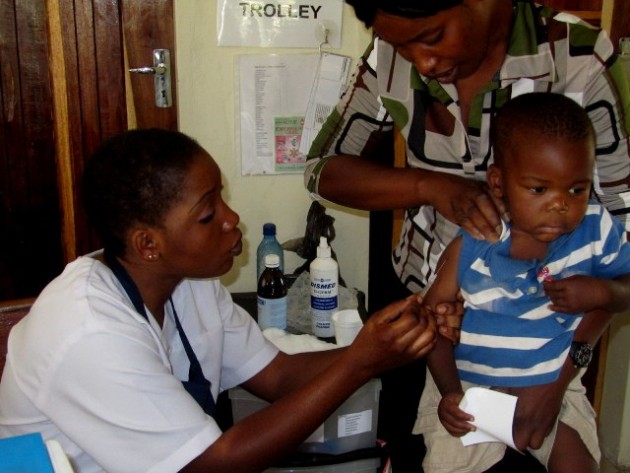Scholarship Program to Stand as Apology for Company’s Involvement in the Trade of Black Slaves
As a college student, would you accept a scholarship from a company that admits it once had ties to slavery? Students in Louisiana will soon have to answer this question.
JP Morgan Chase, the second largest bank in the nation, recently acknowledged that before the Civil War, about 13,000 slaves were accepted as loan collateral by Citizens Bank and Canal Bank during 1831 and 1865. As a result, the two banks later owned about 1,250 slaves who were collected on loan defaults. Both banks are now closed, but were connected to Bank One. In 2003, JP Morgan Chase acquired Bank One.
Shelci Deans, a senior accounting major at Howard University has accepted a job with KPMG, a New York-based firm that often works with Chase. She said, "I think that many companies had ties to slavery before the Civil War and JP Morgan is one of the first to apologize and make an effort at amendments." She said that accepting a scholarship from them or working for one of their companies would not have a problem.
The company said in a statement, "Today, JP Morgan Chase is a very different company than the Citizens and Canal Banks in the 1800s. We are committed to creating opportunities for African-Americans and to building communities through economic empowerment and education, as well as workforce diversity."
JP Morgan Chase CEO William Harrison, Jr. and COO James Dimon, apologized for "contributing to a brutal and unjust institution" and announced that it was setting up a $5 million dollar college scholarship for residents of Louisiana, the former locations of Citizens and Canal Banks.
The scholarship is to be called Smart Start Louisiana and will specifically give an initial $5 million over a five year period for full tuition and undergraduate scholarships to black students from Louisiana to attend colleges in that state. JP Morgan said that these students will also have the opportunity to complete summer internships at JP Morgan with the hope of being hired upon graduation.
Lynzel Matthews, a freshman accounting major at Dillard University in New Orleans, said that he would want an opportunity to work with JP Morgan Chase, but only if he was truly qualified.
He said, "The scholarships sound a little like reparations to me and I want to get a scholarship and a job because I am qualified, not because a company is sorry about their role in slavery."
Like Matthews, Rev. Jesse Jackson compared the scholarship to reparations. He said in a statement that JP Morgan Chase must do more. In an interview with BlackAmericaWeb.com Jackson said, "The amount of scholarship does not correspond to the damage done. Hundreds of millions of dollars were profited from slavery, so we need to calculate what that means."
The probe into the history of JP Morgan Chase came after the bank researched its background in compliance to a 2003 Chicago ordinance stating that all companies doing business with the City of Chicago had to determine if they have any connections to slavery. It is believed by many black Chicago leaders, that the ordinance and the recent actions taken by JP Morgan Chase will prompt more companies to reveal their unpleasant past connections to slavery and attempt to make apologies and amends.



